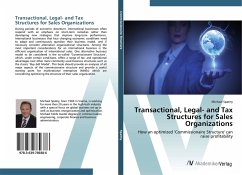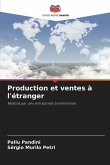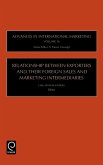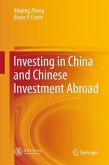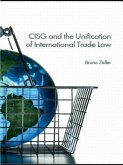The increase in trade relations between countries in recent decades through access to new consumer markets, trading partners, sources of financing, investment options and more viable areas for the installation of industrial parks, for example, has allowed companies to spread their operations globally. Accounting, as a provider of relevant information, needs to be able to meet the demands and adequately record these changes in equity. Brazilian companies also act in the international scenario and operate different transactions. One of them is the coordination of production, or purchase, and sale of goods abroad, without the transit of goods through the national territory, also known as back to back. From an accounting standpoint, an exploratory and bibliographical research was conducted in order to define and characterize the operation, present the pertinent accounting theory, propose a hypothesis for its accounting and justify it in light of the current understanding that the transaction is reduced to only a financial gain.
Bitte wählen Sie Ihr Anliegen aus.
Rechnungen
Retourenschein anfordern
Bestellstatus
Storno


